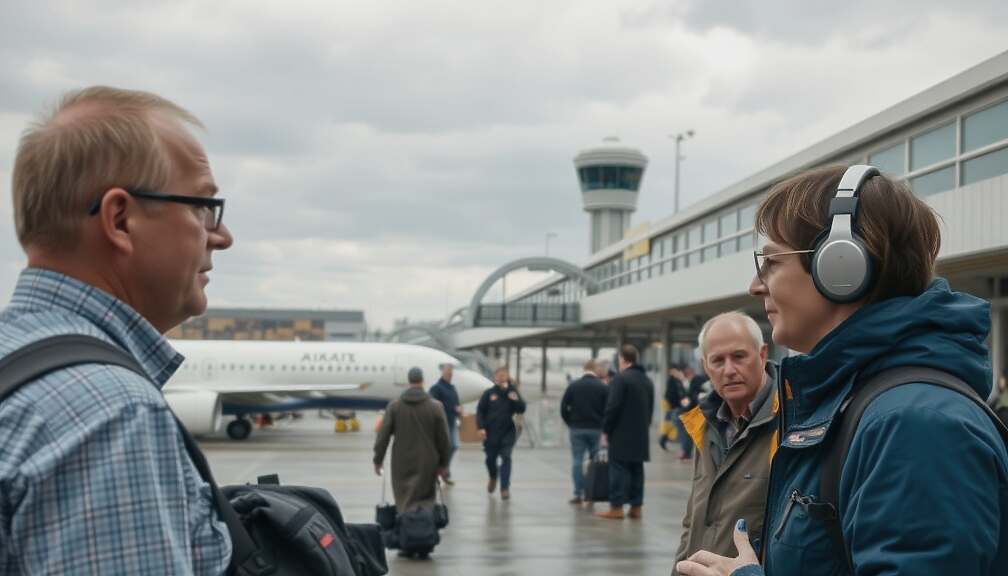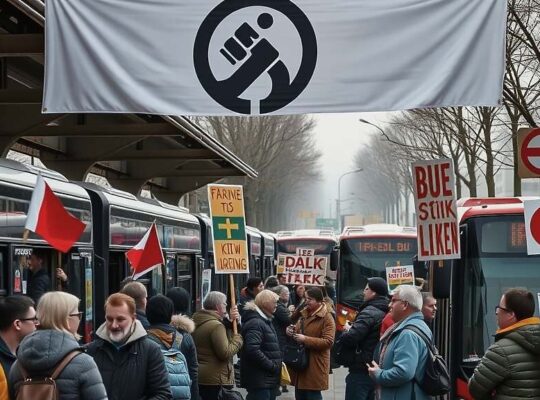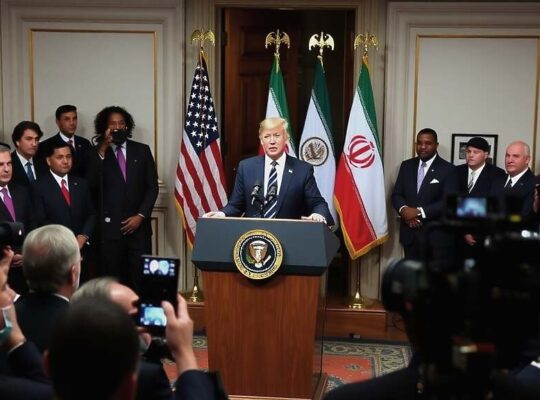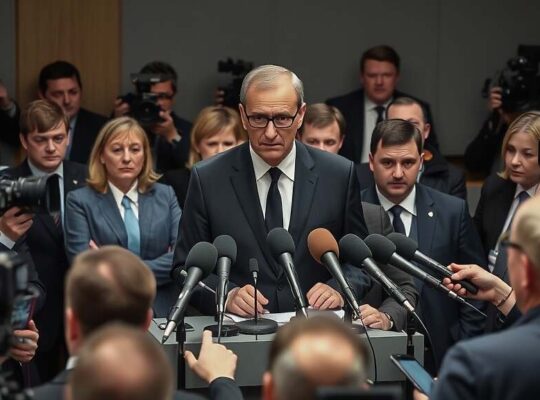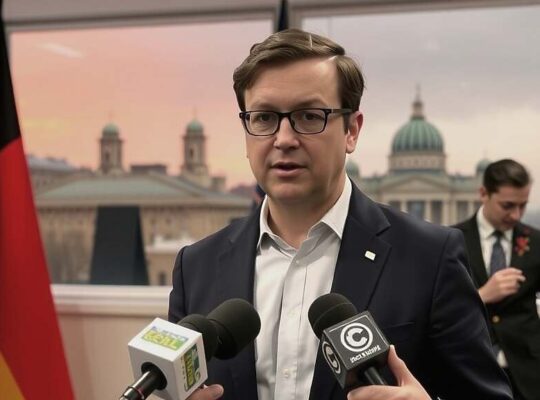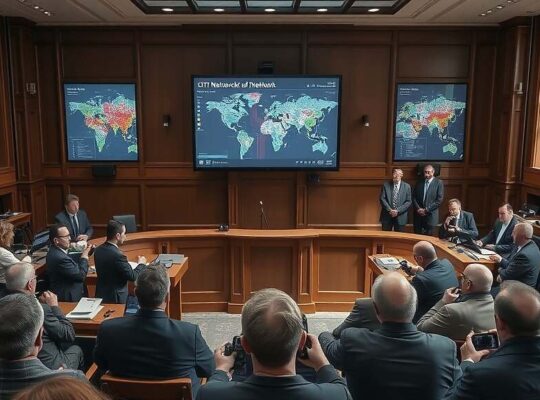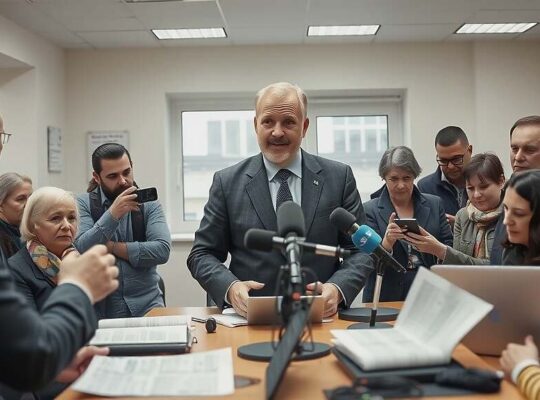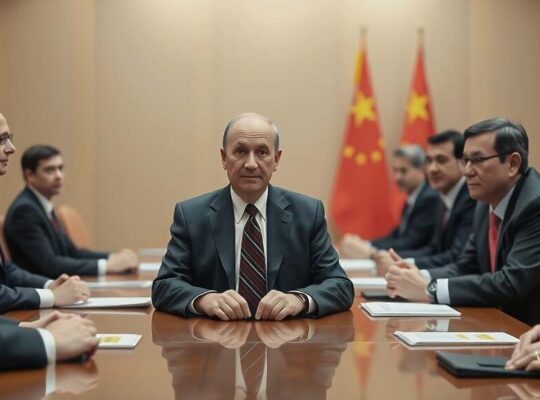Lufthansa’s CEO Carsten Spohr has issued a stark warning to the German government, demanding swift and decisive action following the recent drone incidents at Munich Airport. In an interview with Deutschlandfunk, Spohr emphasized that Germany cannot allow itself to be paralyzed by such attacks, highlighting the potential for broader disruption and damage if preventative measures are not rapidly implemented.
Spohr’s call to action centers on a layered approach involving a clarification of responsibilities, the creation of robust legal frameworks and the aggressive adoption of available technology. He directly criticized the current ambiguity in jurisdictional authority, suggesting a significant impediment to effective response. “We cannot allow ourselves to be held hostage” Spohr stated, underscoring the need for a proactive, rather than reactive, security posture. While acknowledging the paramount importance of safety within the aviation sector – “security must always be the top priority” – he argued that prioritizing safety shouldn’t equate to inaction.
The Lufthansa chief offered a cautious endorsement of Interior Minister Alexander Dobrindt, recognizing a perceived impetus within the ministry to expedite the issue’s resolution. However, Spohr’s comments subtly imply a long-standing concern about Germany’s preparedness, implicitly accusing the government of lagging behind other major European aviation hubs like Paris and London in the deployment of advanced drone mitigation technology. He insisted that the nation must not only secure critical infrastructure like Munich Airport, but extend protections to other major transport hubs nationwide.
His demand for expedited orders, procurement and comprehensive training programs reveals a frustration with bureaucratic hurdles and a sense of urgency. Critics are likely to interpret Spohr’s pronouncements as pressure on the government to ramp up spending and overhaul existing protocols, potentially sparking a political debate over resource allocation and the balance between security, economic stability and individual liberties in the face of escalating technological threats. The incident casts a shadow on Germany’s capacity to safeguard its strategic infrastructure and maintain its position as a leading global aviation power.


